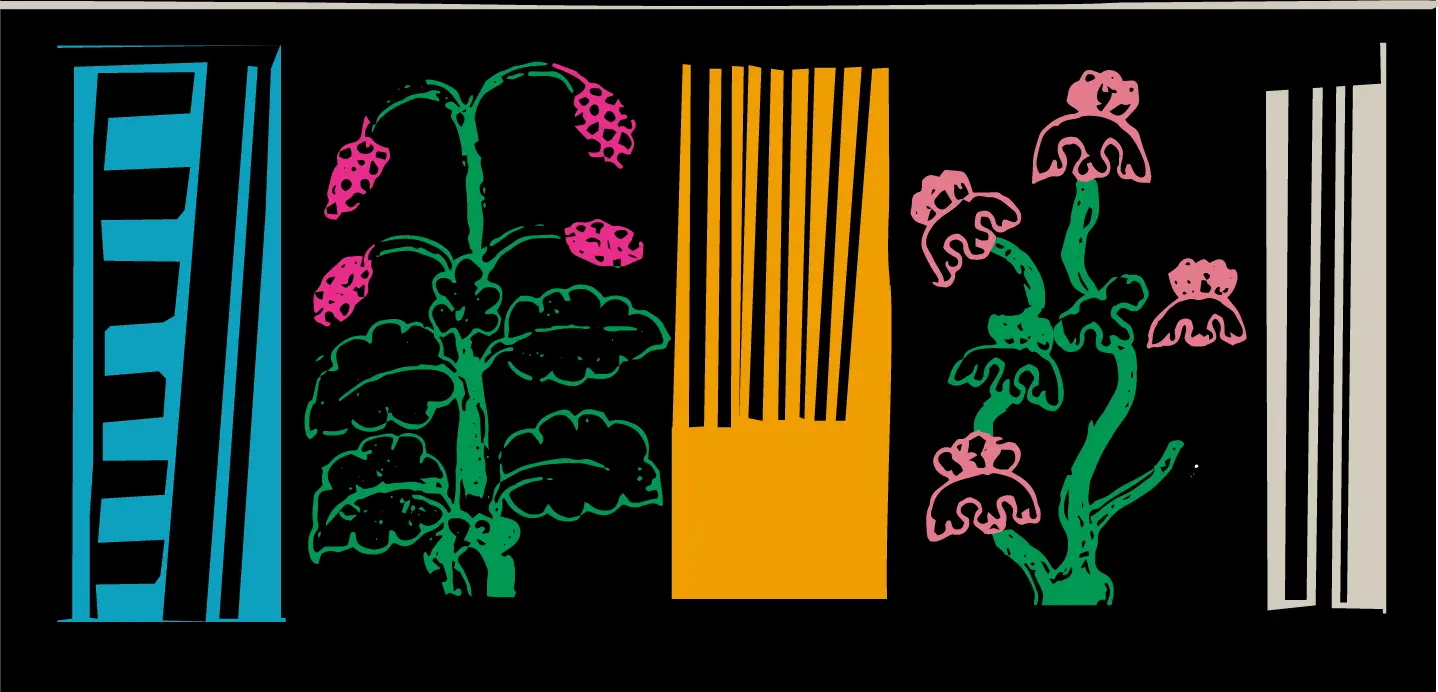Miss Lovely folllows the lives of Vicky and Sonu Duggal, two brothers who produce forbidden sex-horror films for India’s small-town picture houses in mid-1980s Bombay—a dangerous world of savage opportunism, corruption and lust. Skirting repressive state censorship, police persecution and gangland distributors, cynical hustler Vicky struggles to run an impoverished operation, leaving the donkey-work to Sonu, his withdrawn, barely verbal younger sibling. Lonely and stifled, with no prospects other than the childlike desire to make a decent romantic film of his own someday, Sonu’s rage festers under the surface. Then Sonu meets Pinky, a mysterious beauty who appears to be a struggling actress. He decides to liberate himself by producing the romantic film of his dreams, which he will call “Miss Lovely.” With it’s near cubist attitude, baroque self-reflexivity and total disregard for genre conventions, Miss Lovely operates like a joyfully mutilated Bollywood parable, punctured by influences of the Japanese New Wave.
Miss Lovely competed in the Un Certain Regard section at the 2012 Cannes Film Festival.




